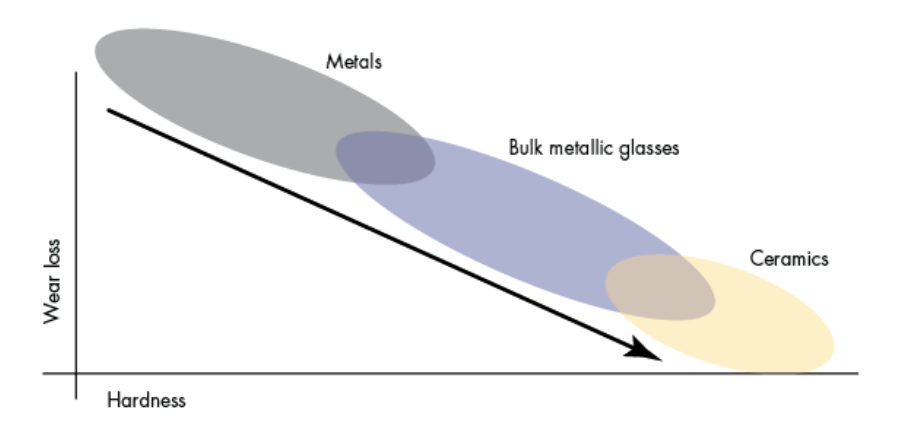Source: IHS Engineering 360
Chemical engineers at the University of Waterloo in Canada have swapped out graphite for silicon anodes, resulting in smaller and longer-lasting lithium batteries for products ranging from smart devices to electric cars.
Current lithium-ion batteries, of the sort used in many electronic devices, typically use graphite anodes. Researchers led by Zhongwei Chen, a chemical engineering professor at Waterloo, found that silicon anode materials have a much higher capacity for lithium and are capable of producing batteries with more energy.
The silicon technology yields a 40%-60% increase in energy density, which the researchers say could improve the performance of devices that rely on lithium-ion batteries. An electric car powered by the new technology could be driven up to 500 kilometers between charges, the researchers claim, and the smaller, lighter batteries could also reduce the overall weight of vehicles.
“Graphite has long been used to build the negative electrodes in lithium-ion batteries,” says Chen. “But as batteries improve, graphite is slowly becoming a performance bottleneck because of the limited amount of energy that it can store.”
The most critical challenge the Waterloo researchers faced when they began producing batteries using silicon was the loss of energy that occurs when silicon contracts and then expands by as much as 300% with each charge cycle. The resulting increase and decrease in silicon volume form cracks that reduce battery performance, create short circuits and eventually cause the battery to stop operating.
To overcome this problem, Chen’s team, with help from the General Motors Global Research and Development Center, developed a flash heat treatment for fabricated silicon-based lithium-ion electrodes that minimizes volume expansion while boosting the performance and cycle capability of lithium-ion batteries.
“The economical flash heat treatment creates uniquely structured silicon anode materials that deliver extended cycle life to more than 2,000 cycles with increased energy capacity of the battery,” Chen says. He says he expects to commercialize this technology and have batteries on the market within the next year.







